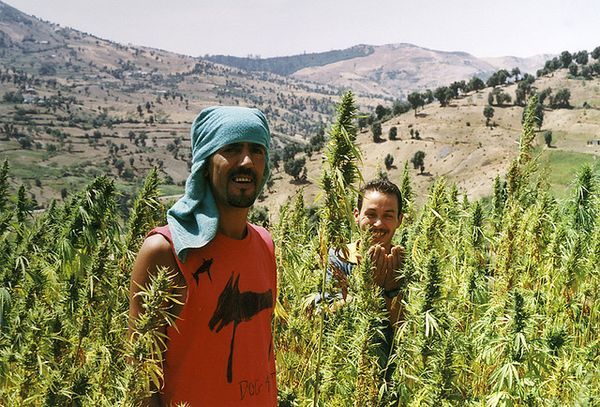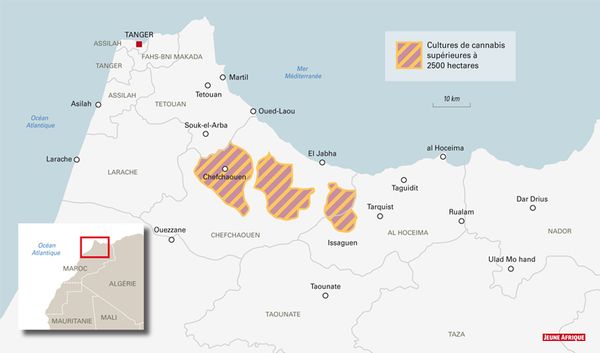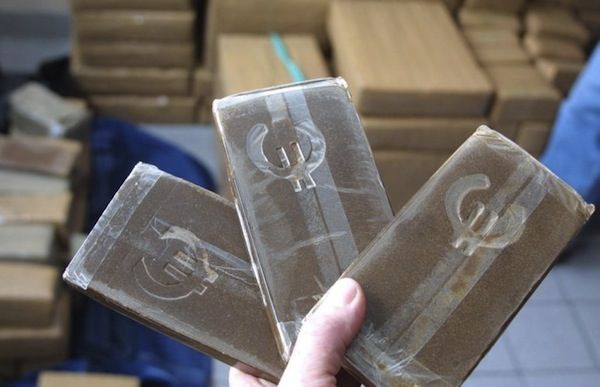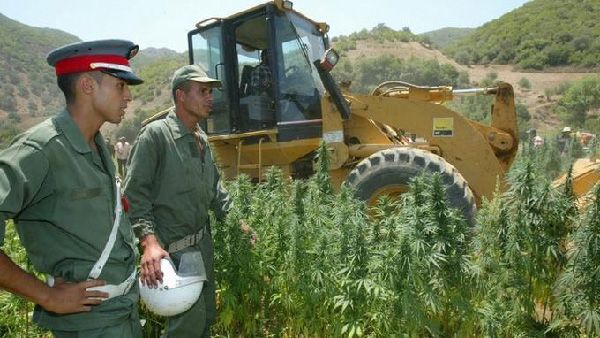- Great news from the other side of the Straits of Gibraltar: the Istiqlal and the Authenticity and Modernity (PAM) political parties have presented two parallel bills in the Moroccan Parliament to demand the legalization of cannabis cultivation for therapeutic and industrial applications, and to ask for amnesty for thousands of growers living in semi secrecy in the country’s north.

The Istiqlal initiative also proposes that the growing of cannabis be limited to five regions (Al Hoceima, Chefchaouen, Wazzan, Tetouan and Taounate) and that a state agency take charge of overseeing production and commercialization. Another important political force, the Party of Authenticity and Modernity (PAM), led by Fouad Ali El Himma, the former Interior Minister and intimate friend of King Mohammed I, also supports the measure, to deal trafficking mafias a harsh blow.
Although near 90,000 families engage in the cultivation of cannabis in the country, mainly in the regions of the Rif, the Moroccan hashish that floods almost all the European markets is controlled by just a few local kingpins.

The Kingdom of Morocco, with a total cultivated land area calculated at some 52,000 hectares, is the world's leading producer of cannabis, with more than 38,000 tonnes in 2012, far ahead of Mexico (12,166 tonnes) and Afghanistan (1,400 tonnes), according to the UN Office on Drugs and Crime (UNODC).
The Moroccan press, however, places the number much higher: 142,000 hectares, and believes that the business volume exceeds 12 billion USD. Of that amount, the humble farmers of the Rif Valley earn only about 600 million dollars. The rest ends up in the traffickers' coffers.

That the parliamentary politicians of a Muslim nation have decided to debate the legalization of cannabis represents a radical idea in the international political context, as this could alleviate the poverty and social malaise plaguing many regions in the country's north.
Today cannabis is one of the main means of subsistence for Moroccan farmers, who live in a paradoxical situation in which production, for all practical purposes, is neither totally prohibited nor legalized.


Comments from our readers
There are no comments yet. Would you like to be the first?
Leave a comment!Did you like this post?
Your opinion about our seeds is very important to us and can help other users a lot (your email address won't be made public).